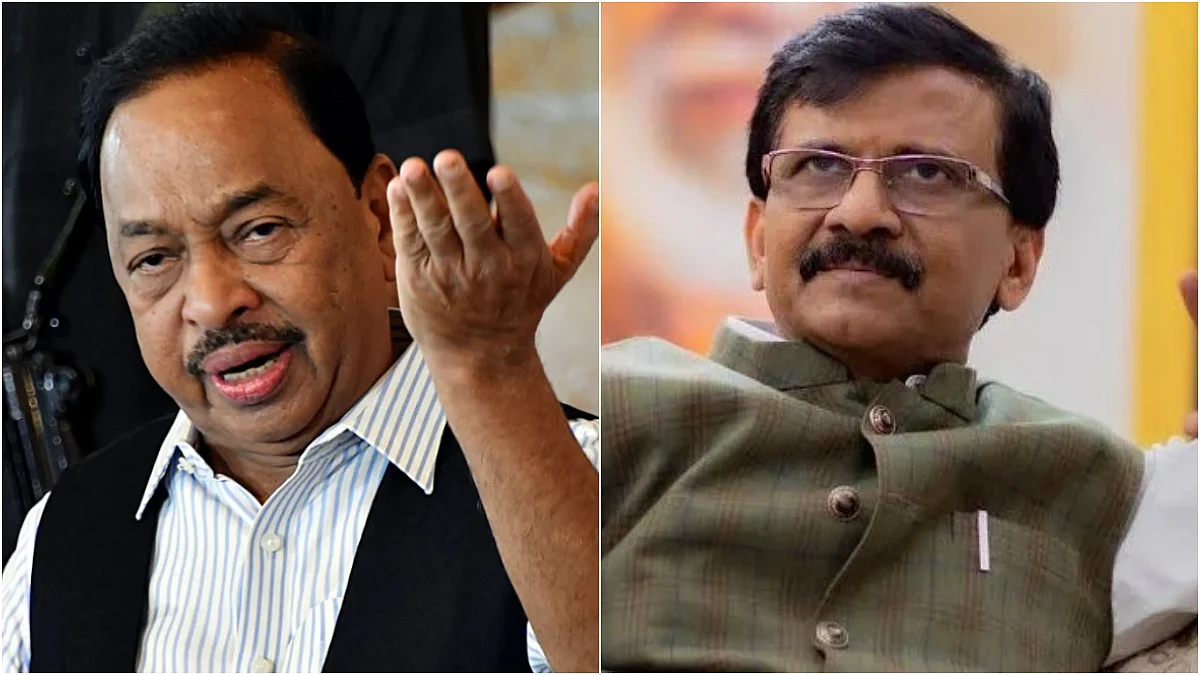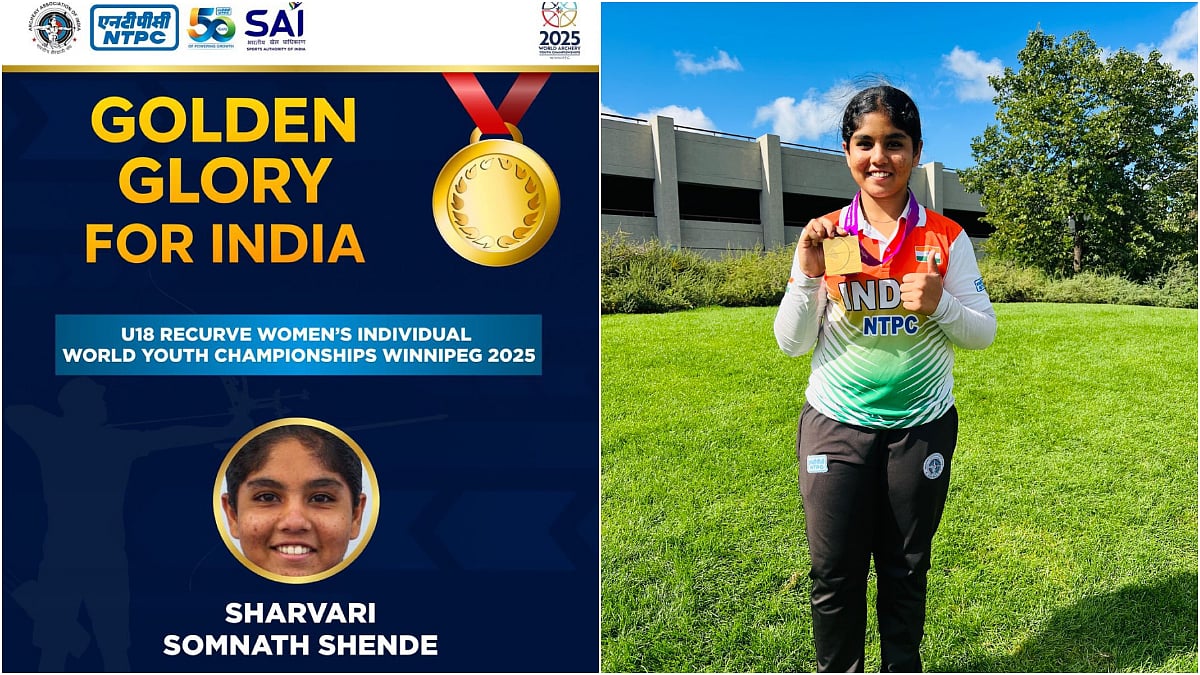What is the connection between data and democracy, and do Indians really care about either? Data journalist Rukmini S’s book, Whole Numbers and Half Truths: What Data Tells Us About Modern India, attempts to answer these questions and much more in less than 300 pages. Through its study of data and the relevant context behind it, the book addresses issues in India ranging from crime to healthcare. As you can guess, it’s an extremely complicated reality.
The author, though, handles the complex numbers and even more complex context with ease. She discusses multiple perspectives for each data point to understand how exactly modern India works. It’s a detailed and elaborately-researched book. Each chapter focuses on a part of Indian society that has its own complications, which change across regions, religions and castes.
Starting from crime in the country to how Indians actually think and vote, to how much money Indians are making and how we’re spending it, down to population and age, where most Indians live, how we eat and fall in love, our jobs and our healthcare sector — the book gives an account of India that we don’t often discuss or even find out about.

The second chapter (What India Thinks, Feels and Believes), one of the most insightful of the book, starts with the words, “At its core, India is conservative — even fundamentalist. If there is going to be change, it will take work.” The chapter talks about how Indians view democracy and authoritarianism, ideas like freedom of speech, gender, religion, and caste. The numbers are predictably unsurprising and grim. For example, Indians placed a lower emphasis on democracy than most other countries, and this number seems to be getting lower and lower. Another insightful chapter was Eat, Pray, Enjoy, Love, Marry — How India Lives Life. Naturally, the numbers for inter-religious and inter-caste marriages were predictably low. Yet, the words of one of the people Rukmini spoke to stuck with me. “That’s data about marriage, madam,” he said, not about love. I think if your data asked people if they have ever fallen in love with someone from another caste or religion, many will say yes.”
Finding two examples to share was an extremely tough task — every chapter, and indeed every number in the book, makes for interesting reading and questioning of our reality. Whether it is precisely how much a middle-class person in India earns to what people eat on a day-to-day basis, every point is stark and disturbing. It also does a great job of talking about our insensitivity towards data and how data is often inaccessible or merely difficult to read. “India’s job crisis is two-fold,” says the book, “not enough jobs and suppressed data,” in the chapter on unemployment in India. She even goes on to highlight, in several cases, the problems with the surveys themselves and suggests ways to overcome the challenge.
If you have ever wondered how government hospitals work, or whether India is genuinely becoming more urban, or just how India functions, this is a great book to give you many of your answers.
Yet, it is not an easy book to read, in that sense. There are many numbers, and India is a difficult concept to understand at the best of times. However, it is an important read in order to understand the current reality and to understand where exactly we, as a country, want to go. Even though the author does weave in stories and dialogue, thereby humanising the data, they make the book even grimmer and more shattering. It’s not a light, breezy read — it forces you to think and rethink and unlearn much of what you know. It serves as a myth-buster and a mirror. In today’s India, it is essential reading.
Title: Whole Numbers and Half Truths: What Data Tells Us About Modern India
Author: Rukmini S
Publisher: Context
Pages: 324; Price: Rs 699












